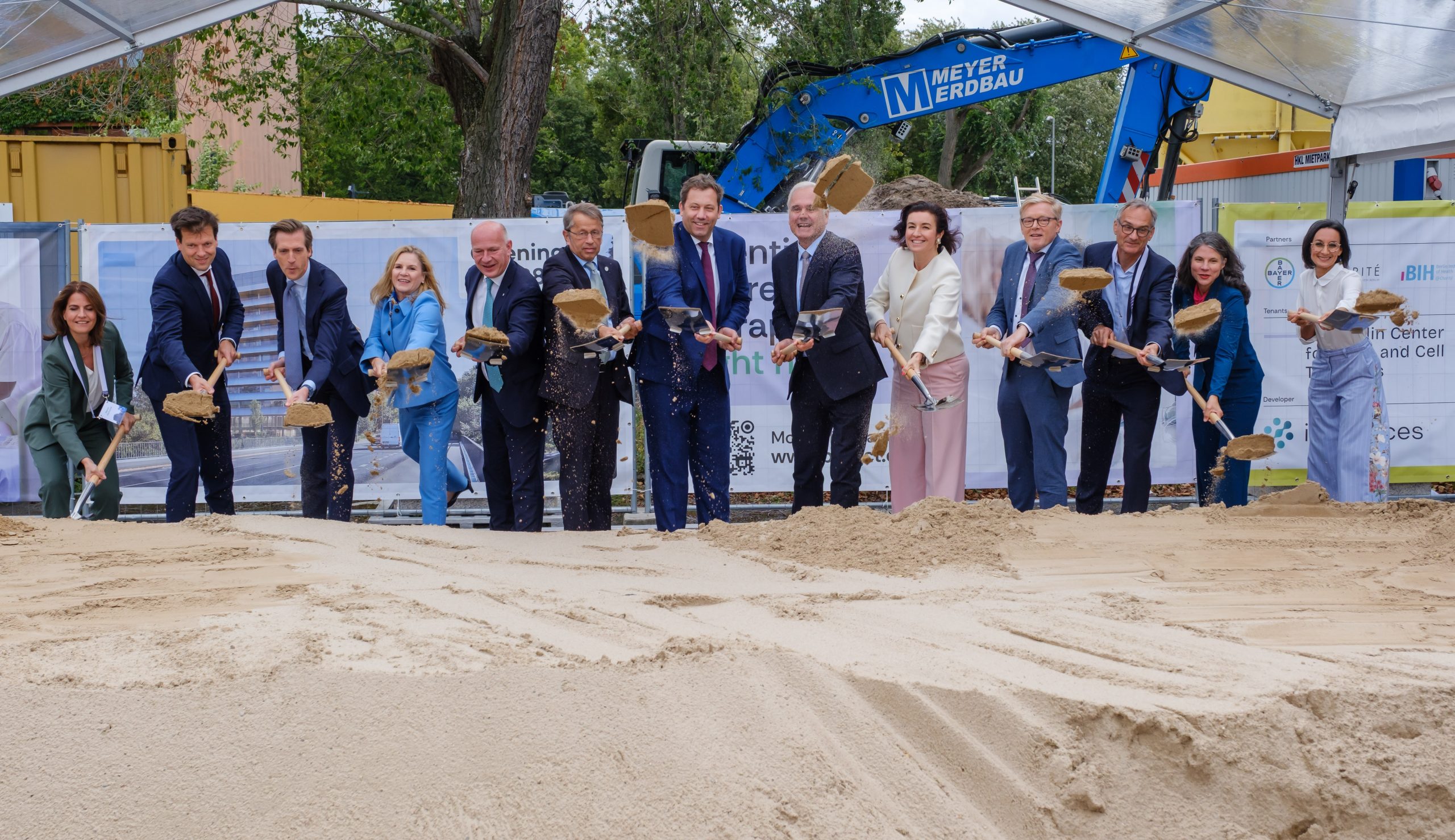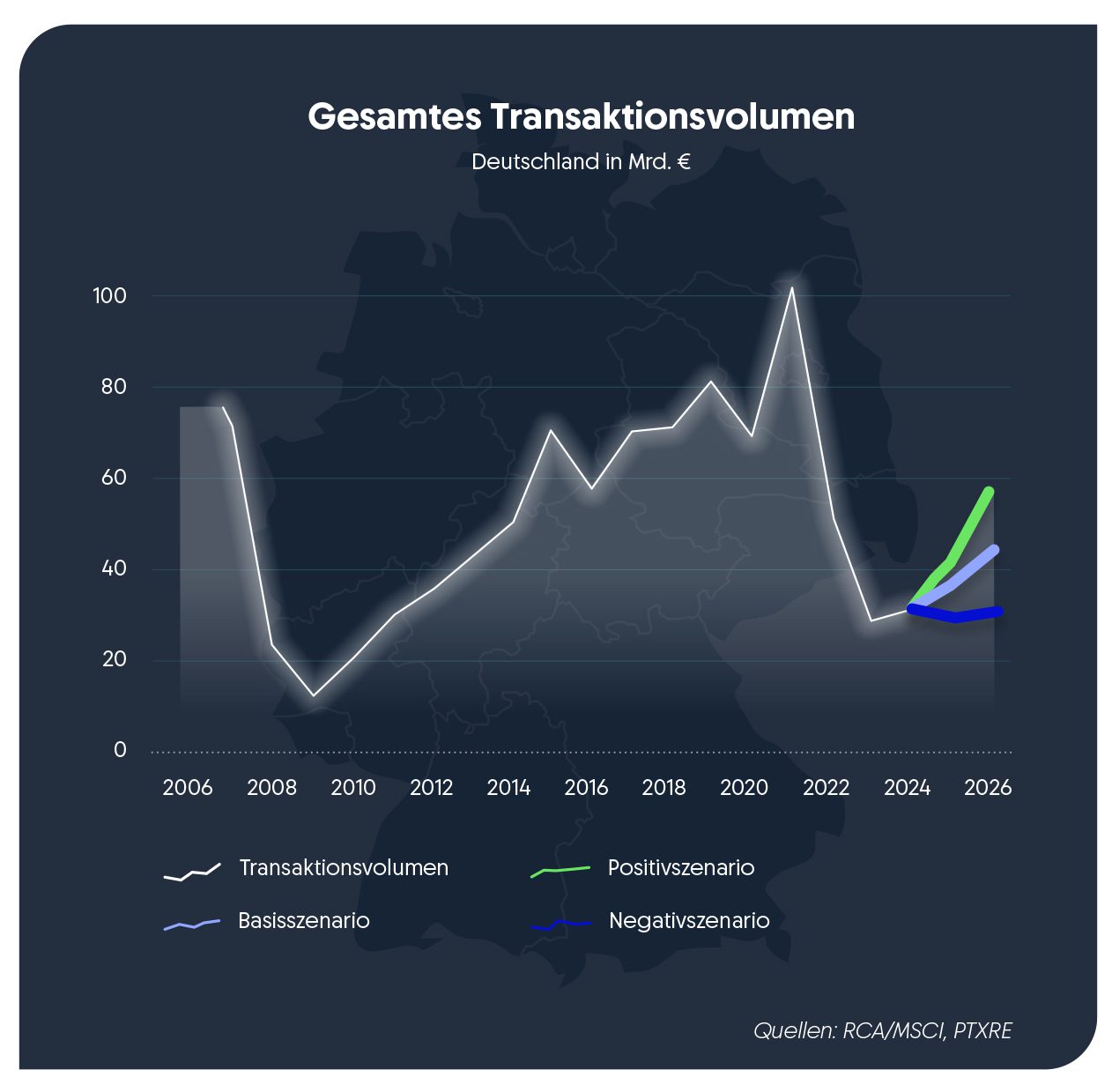Global Capital Markets Reports
In its latest Global Capital Markets Reports , Savills has examined the likely short- and long-term impact of recent macroeconomic and geopolitical uncertainties. The company concludes that the fundamentals of the office and industrial markets worldwide remain solid over the long term.
For the office sector , Savills notes that while Q1 transaction volume remained low globally at $35 billion, there is still some momentum in office investment as average returns across the top fifteen global markets remained flat for the first time in three years this quarter. Interest in the office sector from larger institutional and cross-border investors is also increasing: together, these groups have increased their market share of transactions to almost 50% at the beginning of 2025, up from around 40% last year.
The potential imposition of tariffs and the associated macroeconomic uncertainty could have a short-term impact on rental activity and thus investor sentiment, Savills said. However, the overall demand for office space is largely driven by the service sector, which is not subject to tariffs, so the international real estate consultant expects little long-term impact. According to Savills, economic uncertainty could lead to some groups of office occupiers needing more space. In addition, the lack of supply speaks for investments in first-class offices, especially since project development will be even more difficult in the foreseeable future:
“There is a good chance that some office occupiers will benefit from an increase in trading and political uncertainty,” says Oliver Salmon, Director – Global Capital Markets, Savills World Research. “A number of global banks, for example, reported a strong first quarter, supported by trading earnings during the recent market turmoil. In addition, uncertainty is leading to weaker construction activity, exacerbating the shortage of high-quality offices in most global cities. Owning a prime CBD office with high-quality tenants and long leases could therefore be one of the more profitable real estate investments in this environment.”
The industrial and logistics market is the real estate sector most at risk from disruption and tariffs, according to Savills, which could wipe out the 3% year-on-year increase in investment in the sector in Q1 2025 (to $41 billion). The U.S. rental market is likely to be the most affected by disruptions, while East and Southeast Asian export markets also appear vulnerable due to large trade deficits with the U.S. However, the Australian and European markets, with their more balanced trade relations with the US and a tighter supply of domestic industrial and logistics space, are likely to be relatively resilient, according to Savills. In the long term, an increase in nearshoring activity could also bring some benefits.
Rasheed Hassan, Head of Global Cross Border Investment at Savills, comments: “For industrial investors, the various land and planning restrictions in Europe provide important yield protection. With an average regional vacancy rate of 6%, the market is still generally tenant-friendly. However, the shortage of top properties for sale sets Europe apart from other regions of the world and explains why we continue to see downward pressure on prime yields in core markets as buyers compete for the best properties. In the Asia-Pacific region, where the impact of tariffs is more questionable, conditions for investors have generally improved as concerns about oversupply in South Korea and Japan have eased and large cross-border investors have become more active in the region, especially targeting Australia. Even though some investors are now taking a break to wait for the outcome of the current customs negotiations, the industrial and logistics sector remains resilient in the long term.”




